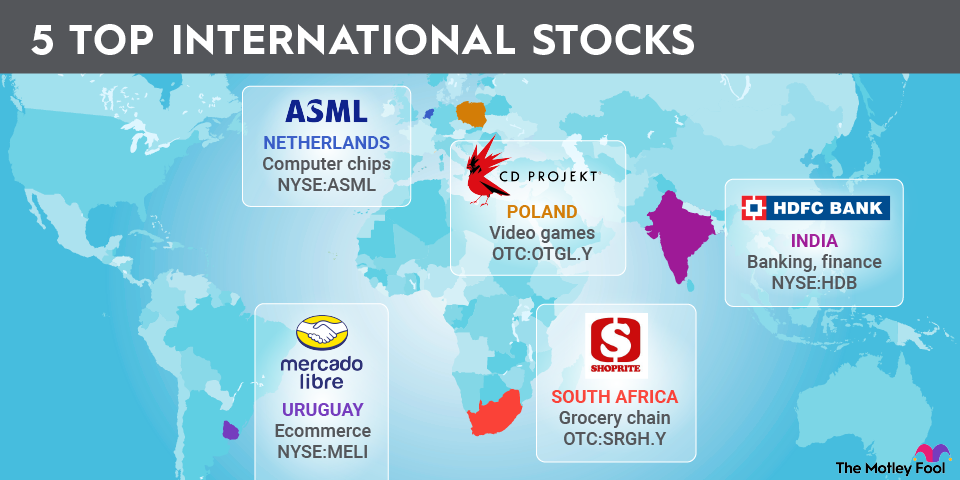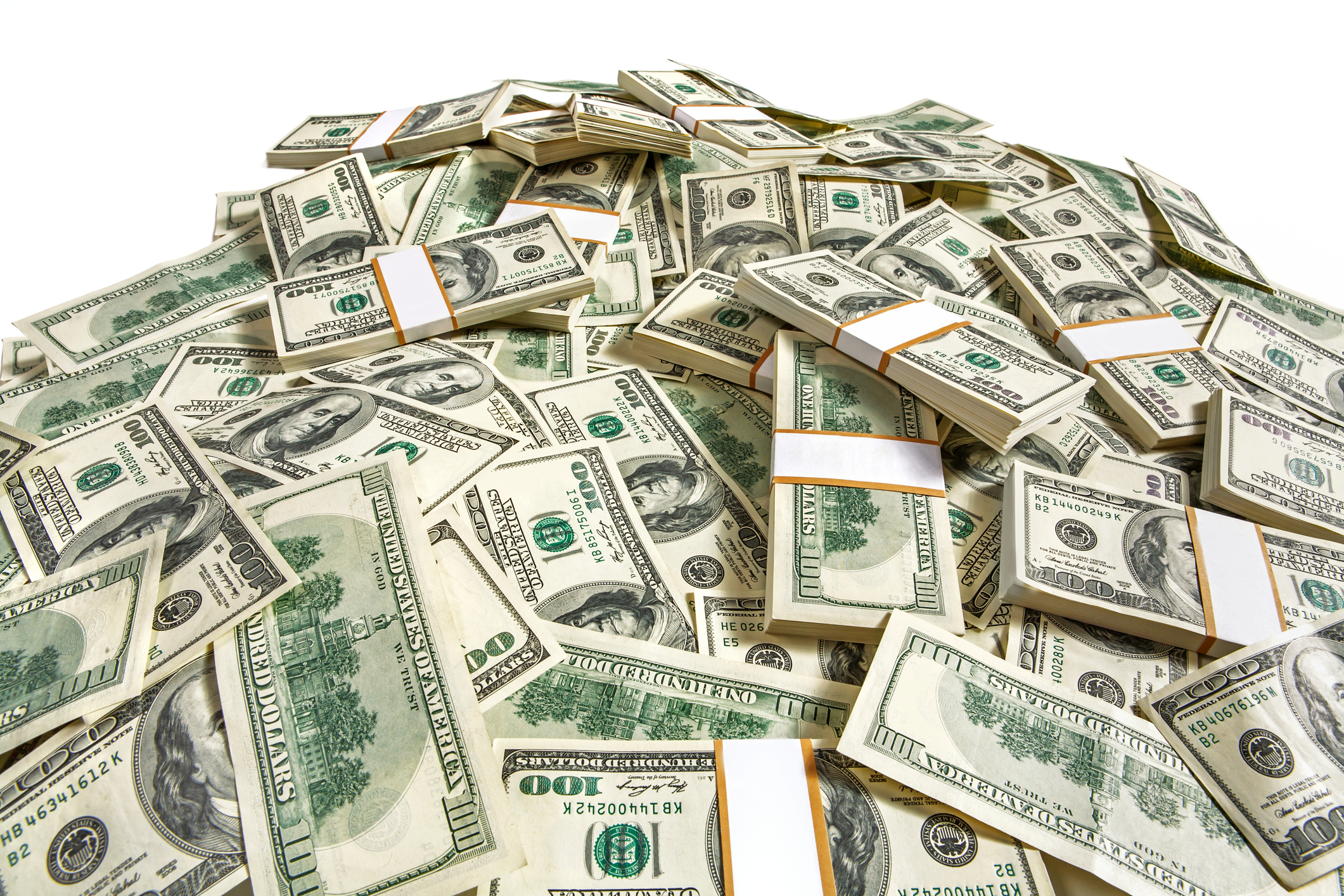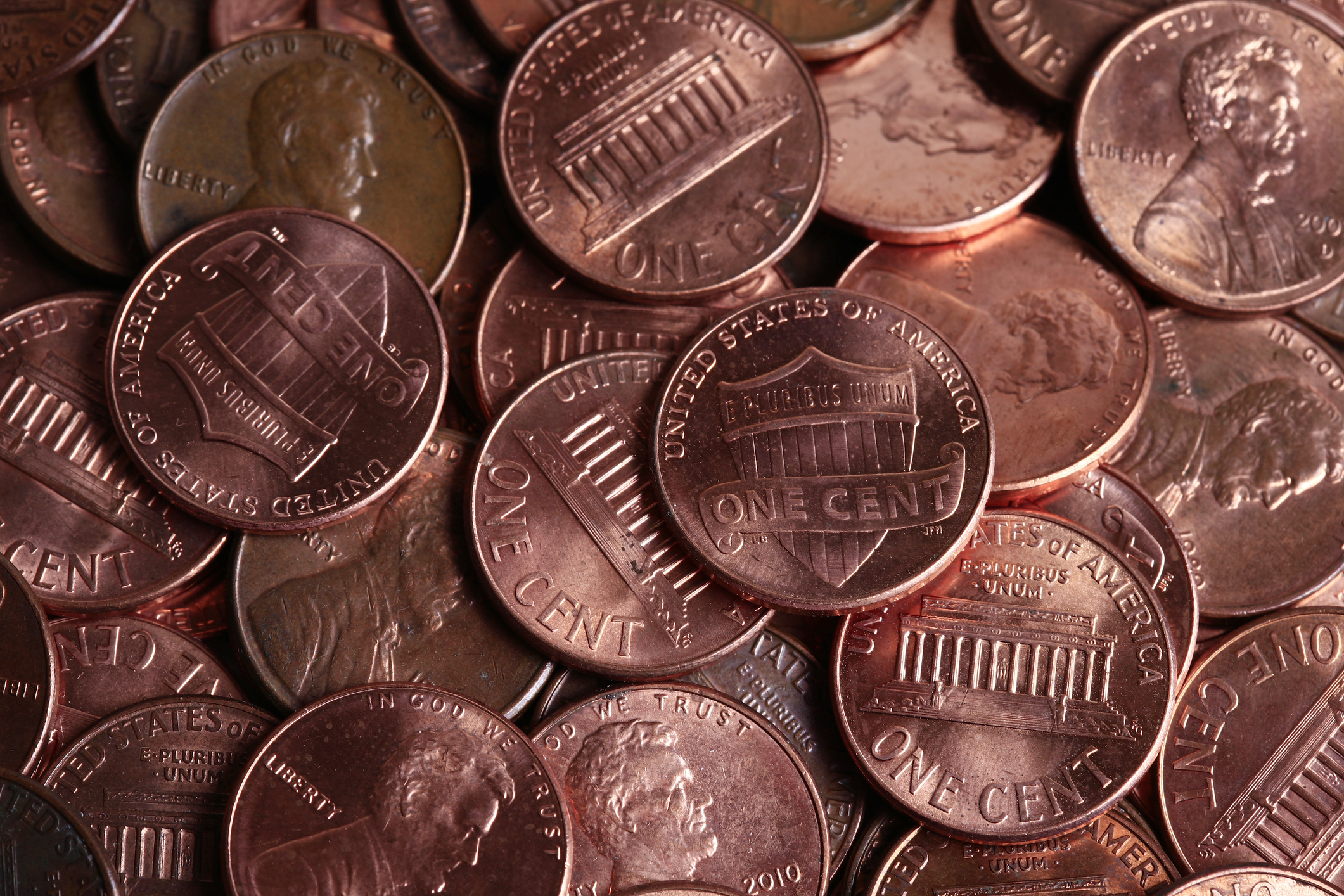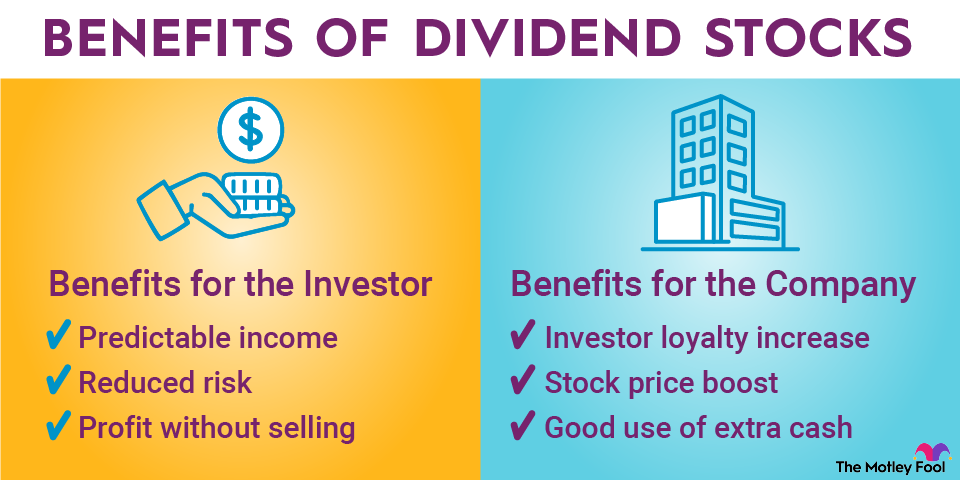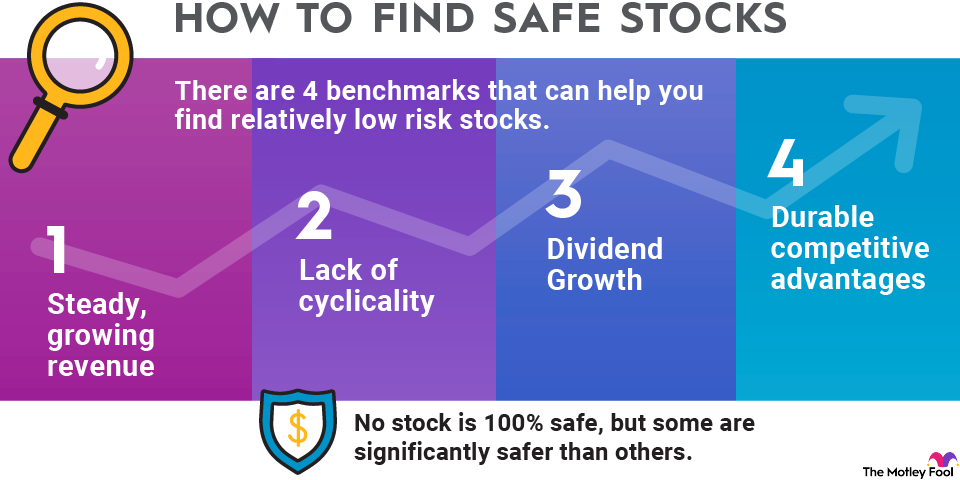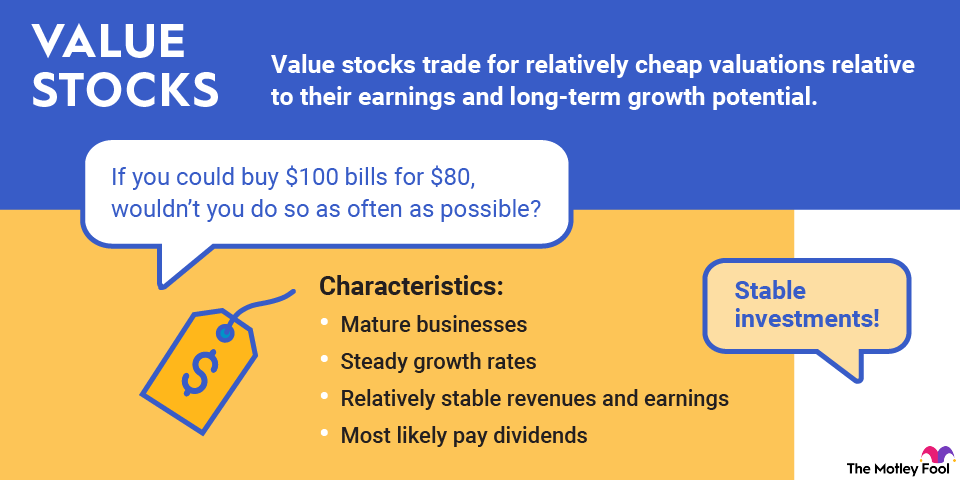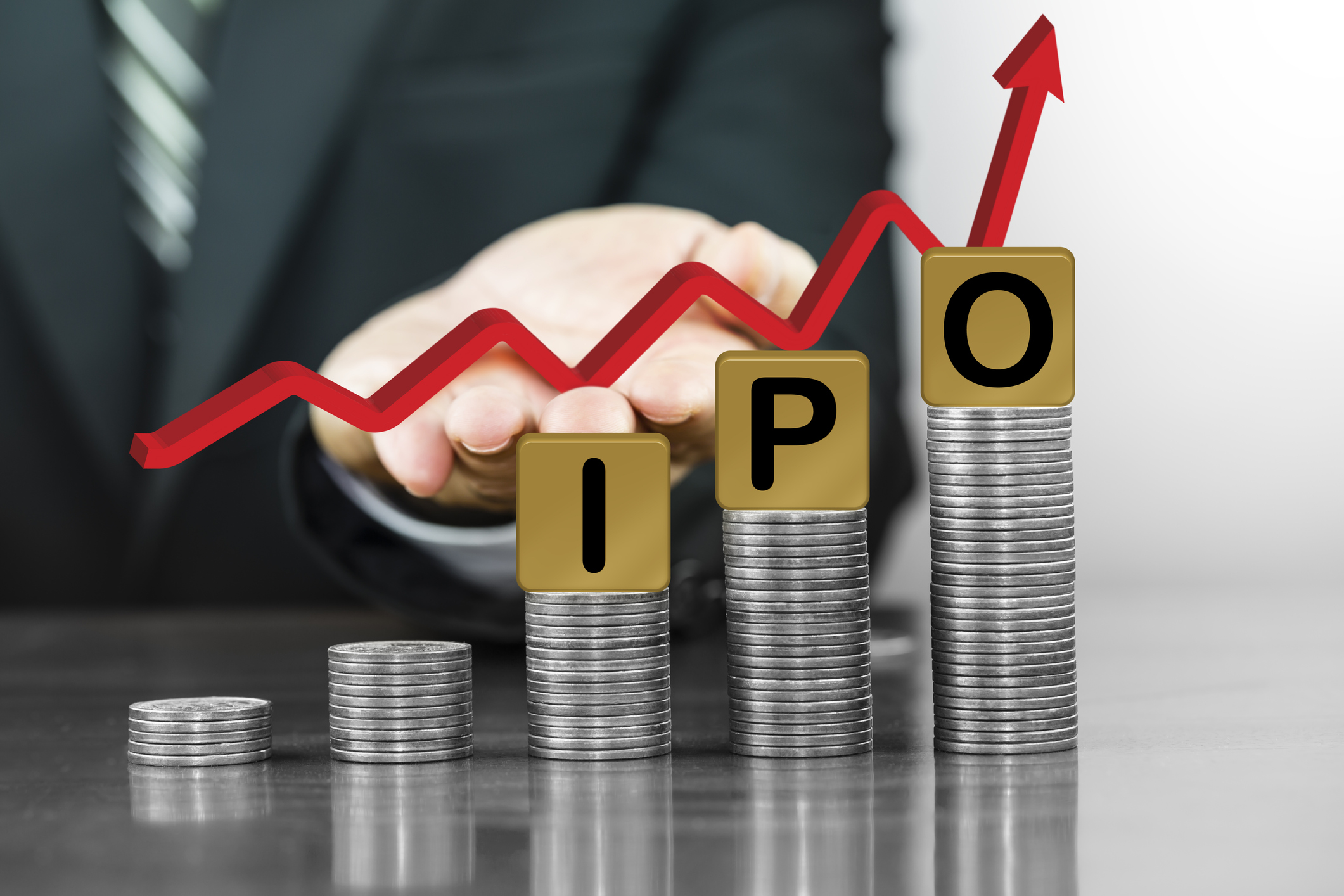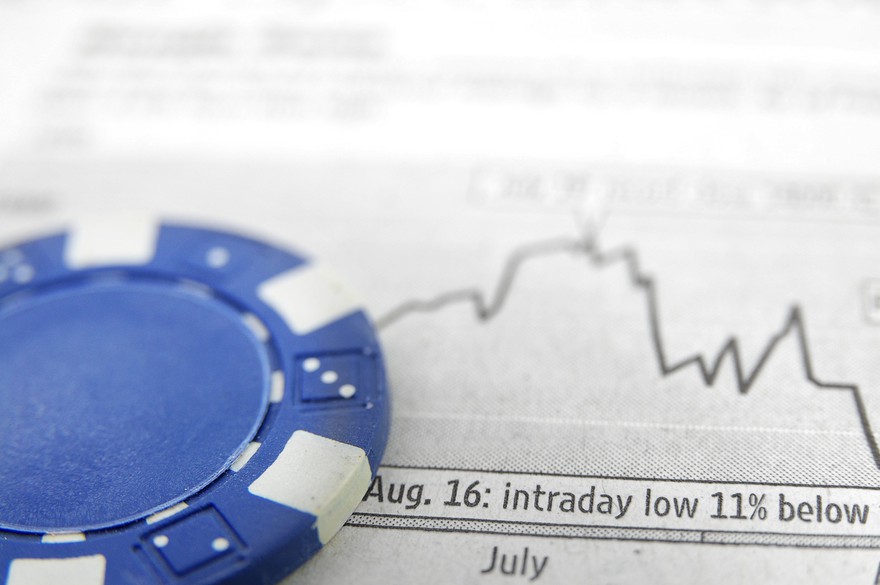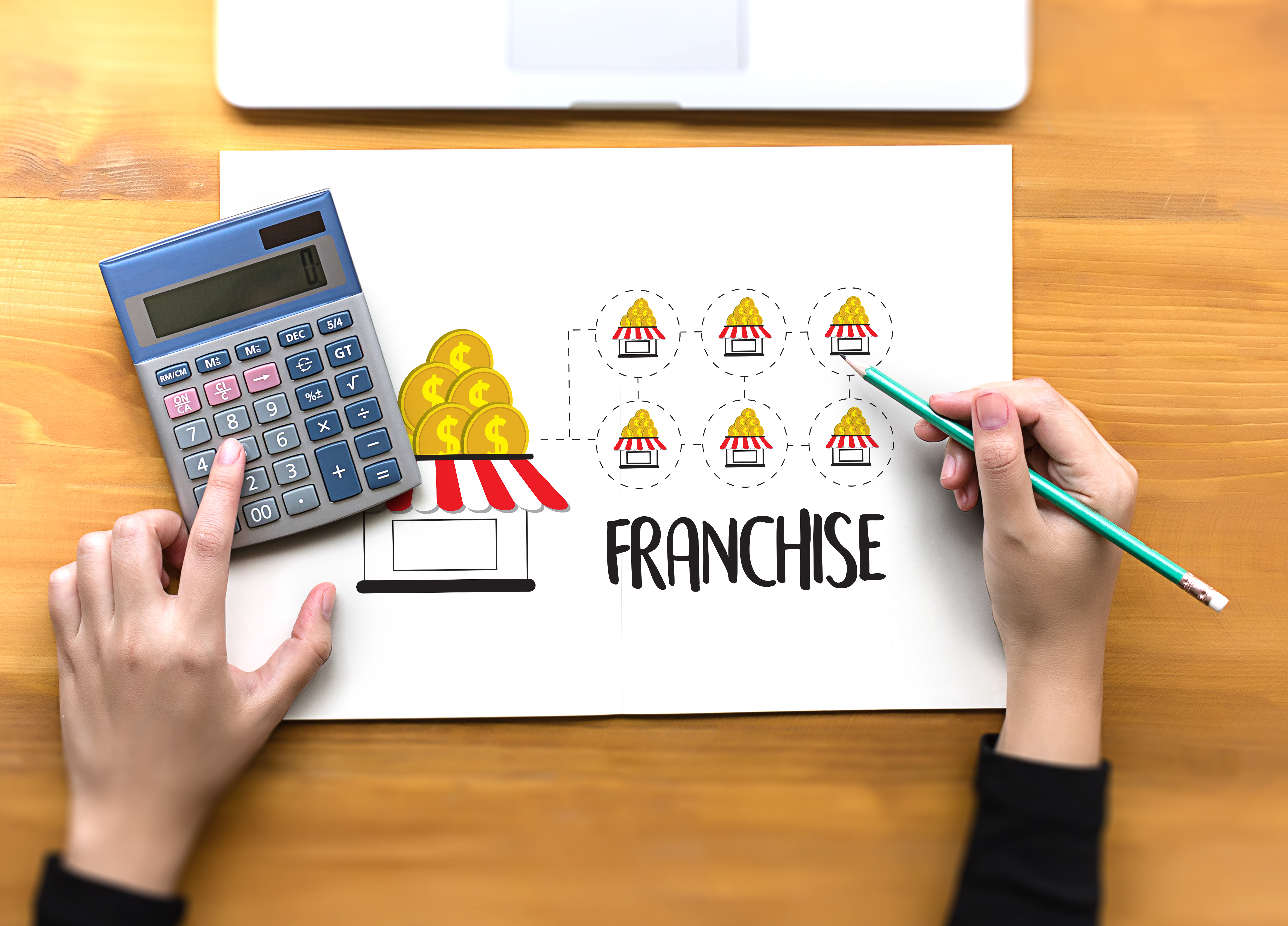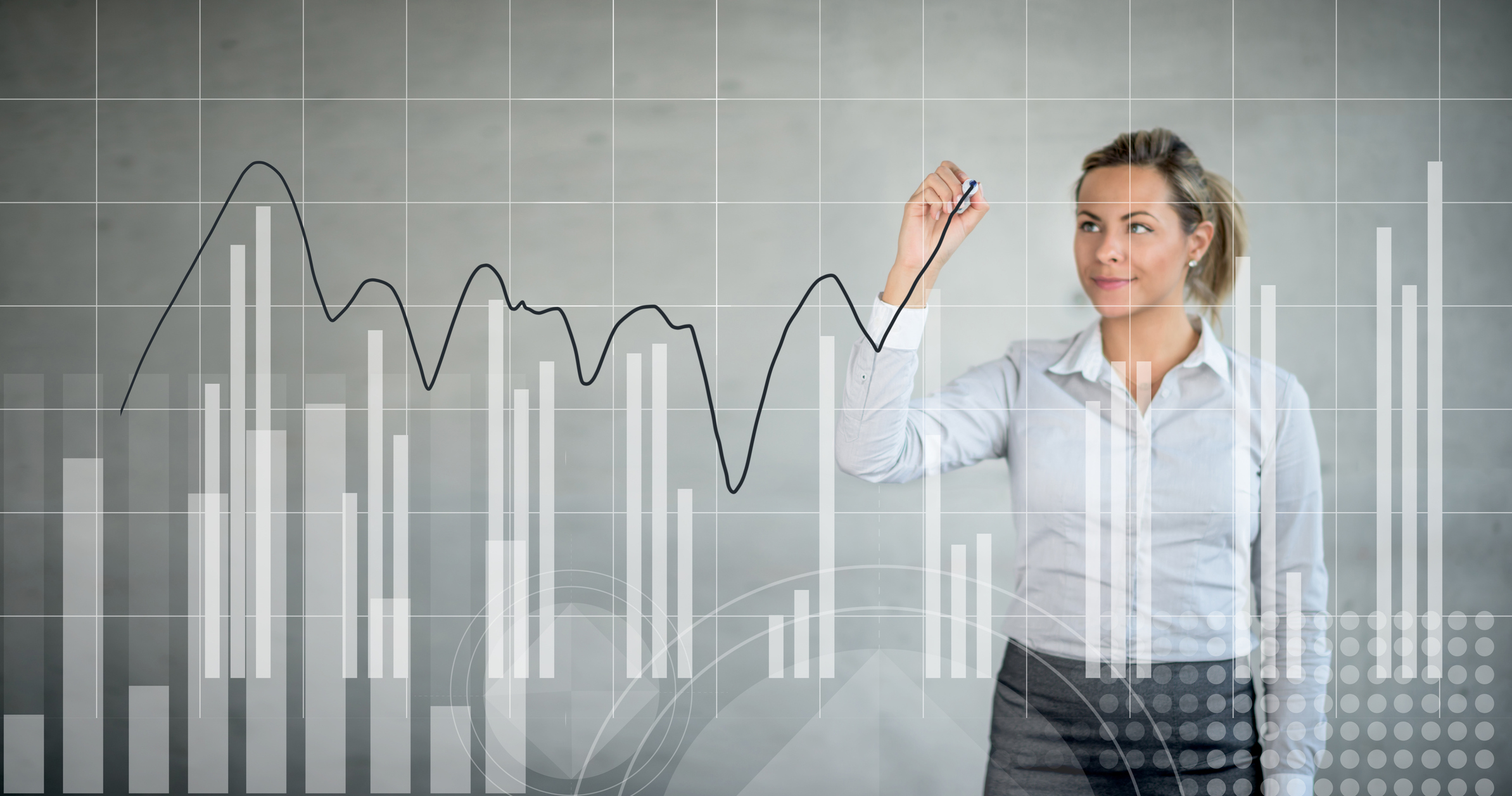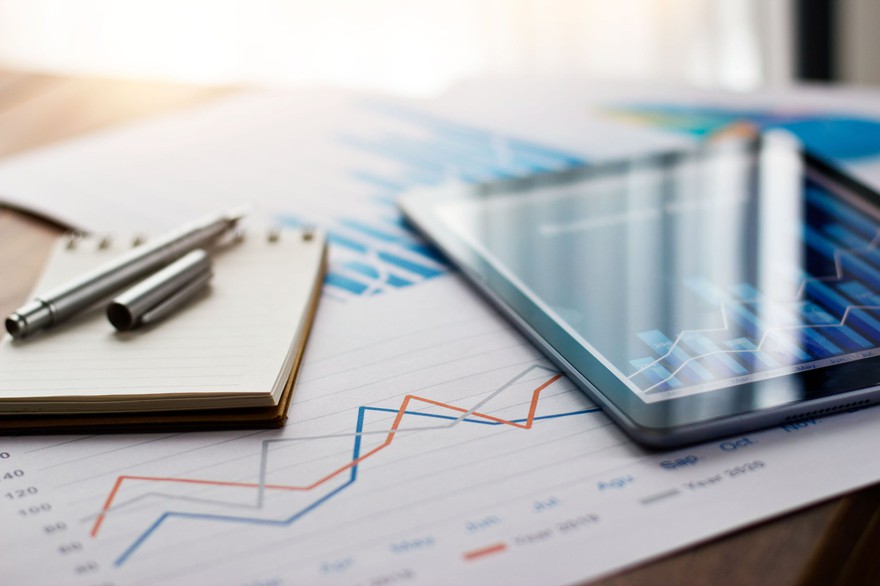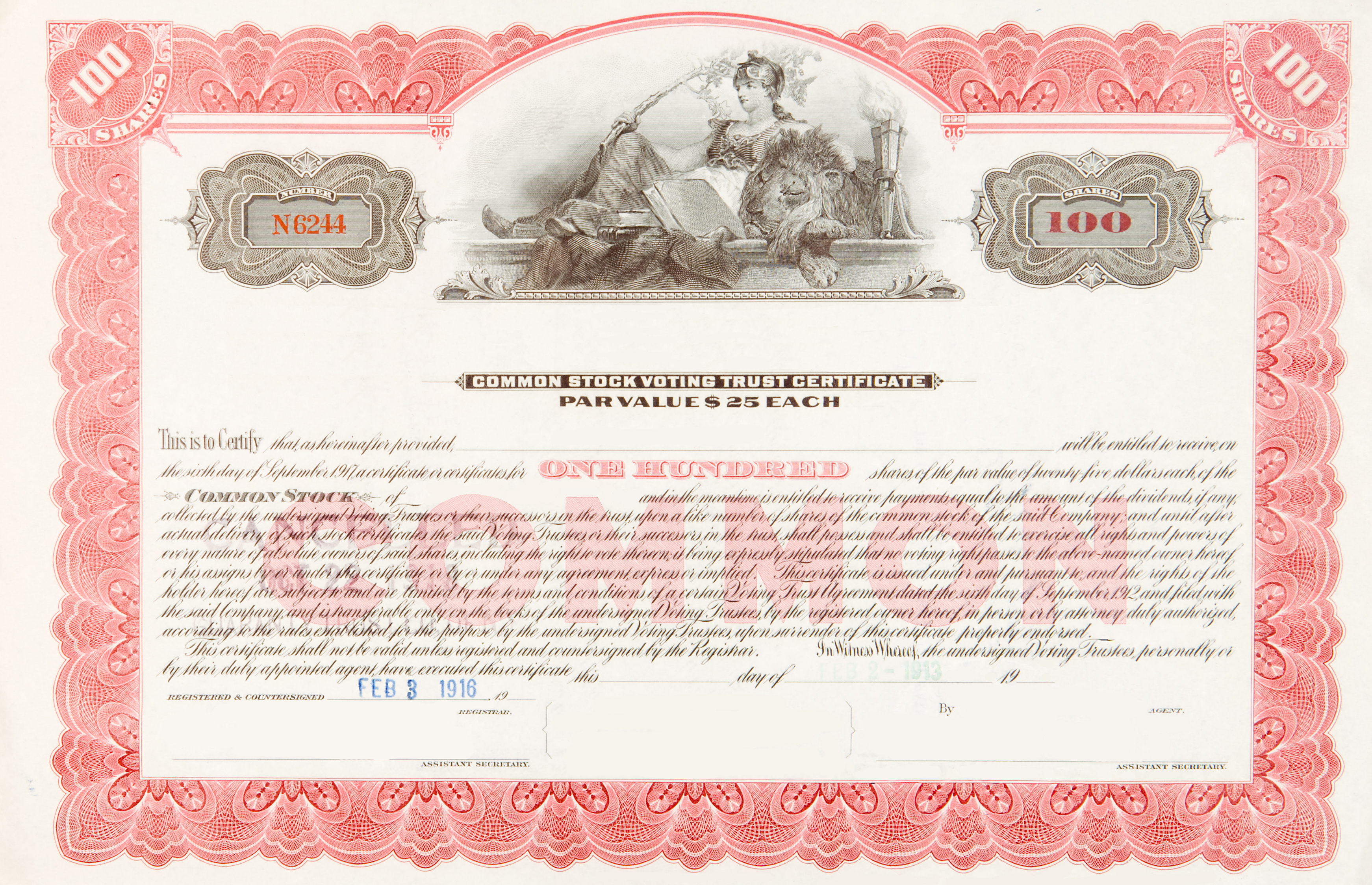The economy moves in a cycle with four basic stages:
- Expansion: A period of sustained growth.
- Peak: A time of slowing growth.
- Contraction: A period of economic decline, also called a recession.
- Trough: A transitional time when the economy stops declining and begins to recover.
This cycle can have a significant effect on industries tied to economic growth. Stocks in those sectors tend to be very cyclical. Corporate profits typically rise during an expansion and contract during a recession, taking the price of cyclical stocks with them. This cyclicality contrasts with other types of stocks that tend to generate steady profits in good times or bad, making them relatively recession-proof.
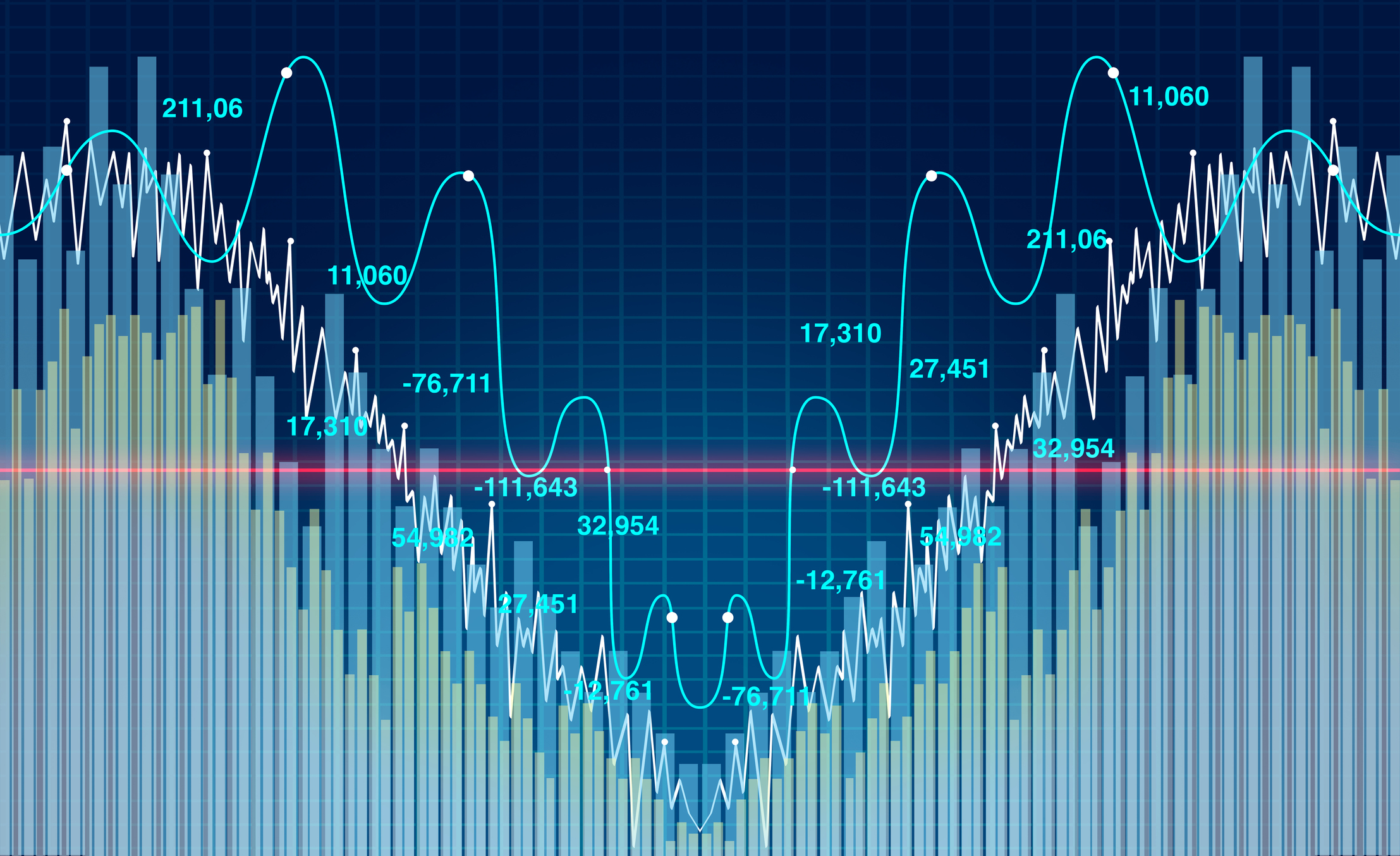
The economy has been expanding for the past several years. This continued growth has come even though the Federal Reserve has kept interest rates high to tame inflation. While higher rates have slowed the economy, it's not yet clear whether it's nearing a peak or just taking a breather. However, the uncertainty has caused a lot of volatility in cyclical stocks.
Here’s what you should know about investing in cyclical stocks.
What is a cyclical stock?
A cyclical stock is one whose underlying business generally follows the economic cycle of expansion and recession. Cyclical businesses perform well during economic expansions but typically experience significantly declining sales and profits during recessions and other challenging economic times.
Characteristics of cyclical stocks
Cyclical stocks share several common characteristics, including:
- Businesses tied to the economic cycle: Demand for their products or services rises during periods of economic expansion and falls during a recession.
- Variable profitability: Their profitability can be highly variable, increasing during an economic expansion and falling during a downturn when they often report losses.
- Volatile: Their stock prices tend to be more volatile, especially during periods when the economy is peaking or in a trough phase.
Cyclical stocks tend to move up and down in value alongside the market.
Best cyclical stocks to buy in 2025
While the economy has been expanding since 2020, it seemed to be nearing a cyclical peak in 2022 when the Federal Reserve started raising interest rates to curb inflation. However, the economy has proven to be more resilient than many expected and still hasn't experienced a recession as of late 2025. Nonetheless, the rise in interest rates has still had an effect on cyclical stocks.
Despite this impact, some cyclical stocks have longer-term tailwinds that should enable them to thrive even if economic headwinds grow stronger. With that in mind, here are four top cyclical stocks that should still thrive in the coming year:
| Name and ticker | Market cap | Dividend yield | Industry |
|---|---|---|---|
| Walt Disney (NYSE:DIS) | $203.3 billion | 0.88% | Entertainment |
| Airbnb (NASDAQ:ABNB) | $78.1 billion | 0.00% | Hotels, Restaurants and Leisure |
| EPR Properties (NYSE:EPR) | $4.2 billion | 6.40% | Specialized REITs |
| Nucor (NYSE:NUE) | $31.4 billion | 1.61% | Metals and Mining |
1. The Walt Disney Company

NYSE: DIS
Key Data Points
Entertainment giant Disney (DIS -0.04%) has some cyclicality to its business. Consumers reduce their spending on discretionary purchases, such as vacations, during a recession. That affects Disney’s experiences (parks, cruises, and vacation clubs) and other consumer products businesses.
However, despite concerns about the economy, Disney is seeing resilient demand for the experiences it offers. In its fiscal third quarter of 2025, revenue from domestic parks and experiences rose 10% while international revenue increased by 6%. Meanwhile, consumer product sales increased 3% and entertainment revenue increased 1%, driven by strong content sales and licensing (7%) and the growth of its direct-to-consumer offerings (6%) such as Disney+, as more people switch to streaming. That helped offset weakness in its linear networks (cable) and sports.
Disney could buck the economic cycle by continuing to boost its revenue and earnings in the coming years. The company expects to deliver high-single-digit growth in its adjusted earnings per share in its 2025 fiscal year. Meanwhile, Disney is anticipating double-digit earnings growth for fiscal 2026 and 2027.
2. Airbnb

NASDAQ: ABNB
Key Data Points

NYSE: EPR
Key Data Points
EPR Properties (EPR -0.46%) is a real estate investment trust (REIT) focused on owning experiential real estate such as movie theaters, ski resorts, eat-and-play locations, and other attractions. Demand for these experiences tends to decline during a recession. However, an economic downturn likely won't have as much of an impact on EPR Properties due to its business model.
The REIT leases its properties to operating tenants under long-term triple net (NNN) agreements. Those leases supply it with a very stable rental income. It pays out a meaningful portion of its steady cash flow via its monthly dividend. EPR reinvests the rest into buying additional income-producing experiential properties. Those investments help grow its rental income, which should enable the REIT to continue increasing its dividend even during a recession.
4. Nucor

NYSE: NUE
Key Data Points
Related investing topics
Benefits and risks of investing in cyclical stocks
Cyclical stocks have their pros and cons. Some of the advantages of investing in cyclical stocks include:
- Benefitting from economic growth: Cyclical companies tend to see increasing demand for their products and services when the economy expands.
- Potential inflationary hedge: Cyclical companies can help you hedge your portfolio against the effects of inflation when consumer spending is on the rise.
- Income: Many cyclical stocks pay dividends, which can be higher during periods of economic growth.
Meanwhile, some of the risks of investing in cyclical stocks include:
- Variable earnings: The profitability of cyclical companies tends to ebb and flow with the economic cycle.
- Dividend cuts: Cyclical companies are more susceptible to cutting their dividends during an economic downturn.
- Financial issues: A severe economic downturn can cause significant financial problems for some cyclical companies.
When should you buy cyclical stocks?
In a perfect world, the best investment strategy would be to buy cyclical stocks at the start of an economic expansion and to sell them just before a recession. But trying to predict the timing of a future recession or expansion is a losing battle.
Owning a combination of cyclical and defensive stocks in your portfolio is smarter. You'll be well-positioned to prosper when the economy is growing but also will have some downside protection when the economy contracts.


